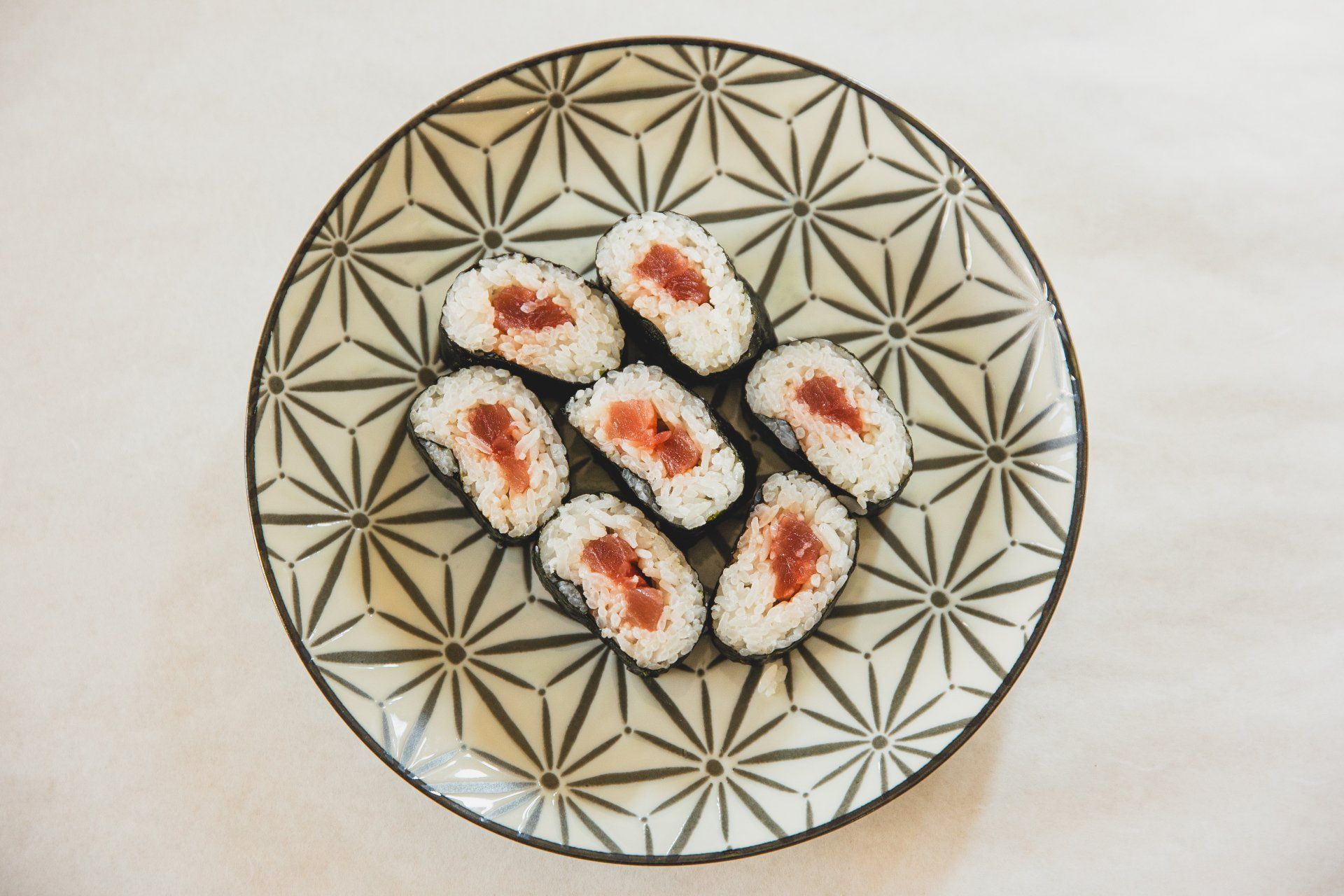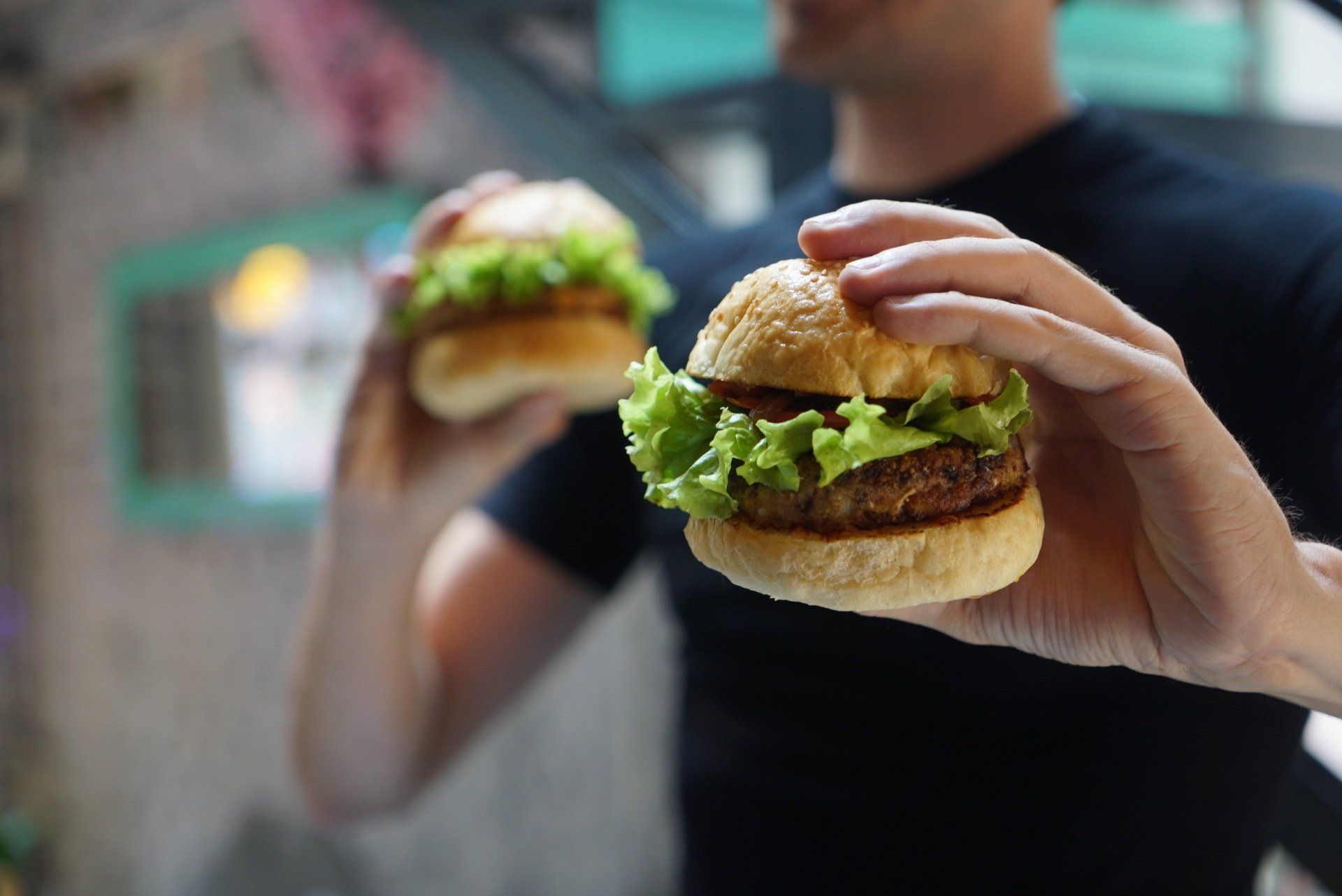The Key To Using Mindful Eating For Losing Weight
In previous
mindful eating training, we learned that pleasure is a critical tool for no-diet weight loss. This is a novel concept so let's begin this lesson with a review.
Studies show that people who prioritize Epicurean pleasures--the taste, flavors, and aesthetics associated with food are far thinner than people who prioritize visceral pleasures like feeling stuffed after a meal.
Thus, our goal: Become Epicurean pleasure junkies.
Now, how does becoming a pleasure junkie help you lose weight? Once your taste buds become used to the highest level of pleasure…
You’ll stop going to buffets because food that sits out in steamers doesn’t taste as good as freshly prepared foods.
You’ll stop going to fast food outlets because there are more delicious versions of the food at other establishments that use healthier ingredients.
You’ll stop going to restaurants that serve epic portions of mediocre food in favor of restaurants that serve smaller but tastier portions.
Through a delayed gratification technique called
Postponement For The Rapture (“Pause-Ask-Decide”) you’ll consistently delay the consumption of mediocre food for better-tasting versions, eliminating loads of calories you would have normally eaten.
You’ll significantly cut down on processed food simply because they don’t provide as much pleasure as natural foods.
In almost every conceivable way, focusing on Epicurean Pleasures results in long-term weight loss. So it makes sense, that, in the next post, we're going to look at ways to make food even more pleasurable.
Academic Studies Informing This Quick Review Of Mindful Eating
Bédard A, Lamarche PO, Grégoire LM, Trudel-Guy C, Provencher V, et al. (2020) Can eating pleasure be a lever for healthy eating? A systematic scoping review of eating pleasure and its links with dietary behaviors and health. PLOS ONE 15(12): e0244292. https://doi.org/10.1371/journal.pone.0244292
Quote: Finally, results from 11 independent interventions suggested that strategies focusing on sensory experiences, cooking and/or sharing activities, mindful eating, and positive memories related to healthy food may be most promising. Thus, eating pleasure may be an ally in the promotion of healthy eating.
Menneteau, U., Kureta-Vanoli, K. (2009). Le goût, un outil dans la prise en charge des patients obèses ou en surpoids.
Obes 4,
120–125. https://doi.org/10.1007/s11690-009-0187-z
Quote: The food we eat when we are hungry gives us more pleasure than eating when we are not hungry. Eating and consciously savouring food increases the pleasure and comfort experienced with each mouthful and makes it possible to restore emotional homeostasis with less food. Working with taste with our patients helps them eat only as long as they are hungry. Eating in this way helps them achieve and maintain their weight at its set point.
Cornil, Y., & Chandon, P. (2016). Pleasure as an ally of healthy eating? Contrasting visceral and Epicurean eating pleasure and their association with portion size preferences and wellbeing.
Appetite,
104, 52–59. https://doi.org/10.1016/j.appet.2015.08.045
Quote: Unlike visceral eating pleasure tendencies, Epicurean eating tendencies are associated with a preference for smaller food portions and higher wellbeing, and not associated with higher BMI.










